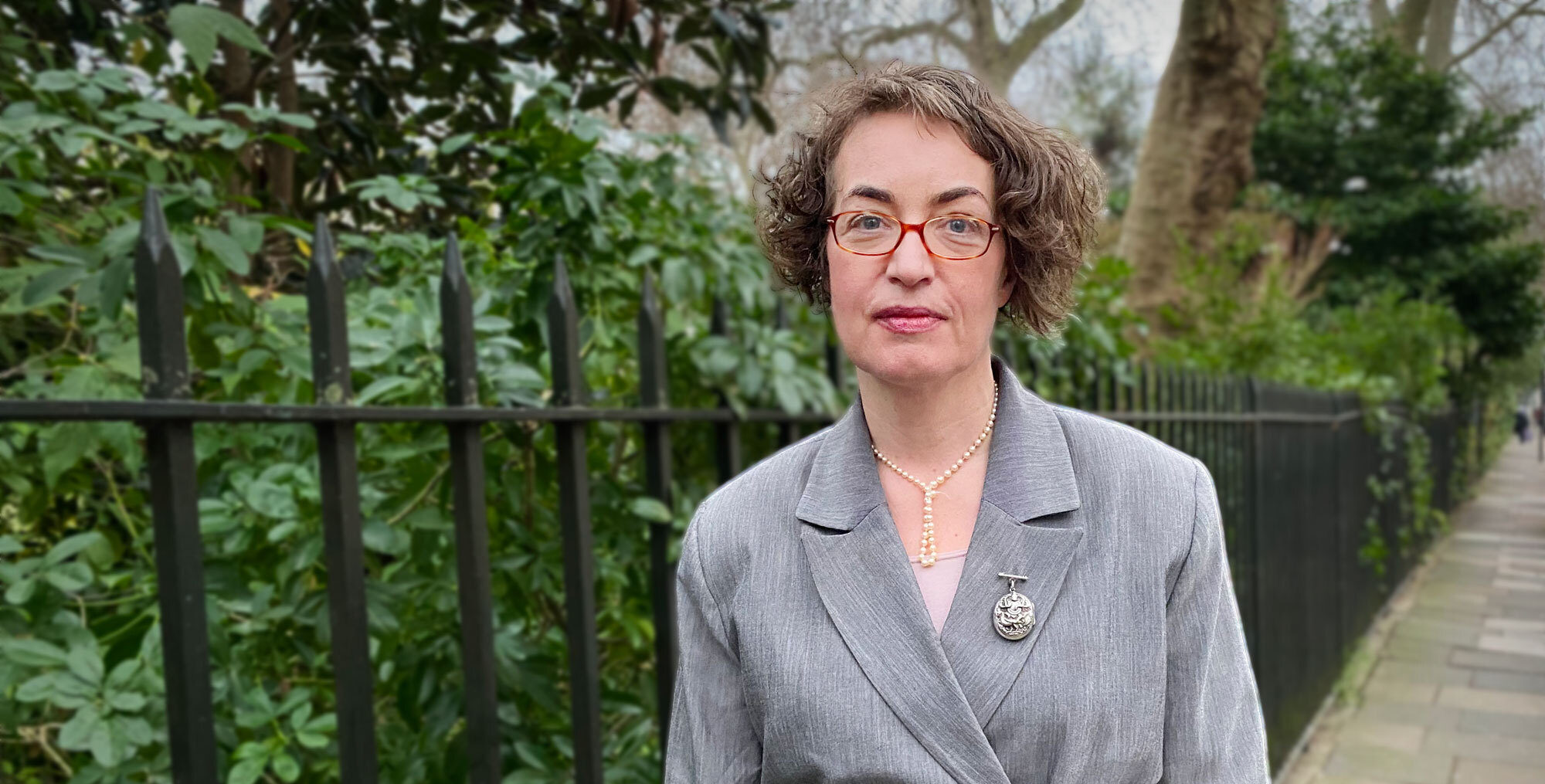I read about this in Private Eye over a year ago and to be frank, noone came out this tawdry affair looking good. The most telling detail was the book had been published for around a year before the alleged "offence" was spotted and spread by somebody on Twitter. So presumably it was all fine and dandy in that time?
Picador obviously read the book before publishing it in its original form and didn't see any problems with it. Social media did its usual thing of having thousands of people pile in who hadn't read the book (more people shared the offences than copies of the book had been sold). Clanchy and Picador both capitulated, with the upshot being that Clanchy was jettisoned. It used to be the case that a publisher would stand behind its authors (as the article states). Philip Pullman, in his position as President of the Society of Authors, weighed in. Pullman, having had his own run-ins with would-be censors (the Church, when HDM was published), like his idol John Milton, is a fierce advocate of free speech, and strongly sided with Clanchy, calling her detractors better off in the Taliban. He later apologised for the tweet. The Society of Authors took a dim view, and announced that Pullman was out of line, did not represent the Society (WTAF!?), and was going to be sent for re-education and sensitivity training. The whole thing stank.
And it's easy to say that the book now is available in its original, "unabridged" form. And I reckon this new printing will hit the shelves and cause nary a titter apart from in certain literary circles who follow this sort of thing (guilty, m'lud). So what harm has been done? Well, how about causing undue stress and threats to the livelihoods of the parties involved? Or public pillory? And a sense that they are now on a watchlist and that it could happen again? As Mark Steyn is fond of saying, "the process is the punishment."
As far as I'm concerned people can pay for sensitivity readers if they want to do their due diligence. My opinion is that it won't save them. Not when offence is perceived, regardless of intent. I would rather published and be damned. Famous last words, perhaps, but at least I could honestly stand behind the words I'd written and say that it was the honest truth as I saw it. No one gets to judge the soul, or the morality, of another. We've known that for at least two thousand years. Not a good idea to start doing it now.

 unherd.com
unherd.com


